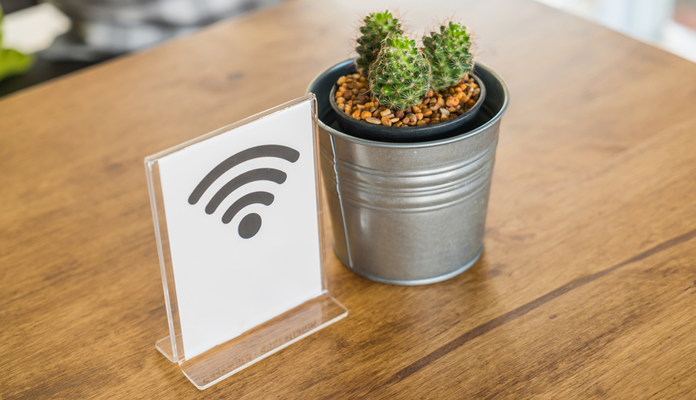How to Stay Safe on Public Wi-Fi
Heidi Finigan | Last Updated:
VPN Streaming Expert

Protecting your identity and data while using public Wi-Fi networks is very important. They are useful to people because they are usually free to use. However, such networks have no way to block malicious users from entering them.
There are virtually no security measures taken by these wireless hotspots, which makes it all the more easier for the malicious user to spy on your activity or steal your identity. Public Wi-Fi hotspots are common hunting grounds for attackers, so you need to be on your guard at all times. To help you get that done, we will give you some pointers.
Staying safe on Public Wi-Fi
To stay safe on public wireless networks, you can follow these methods:
- Turn network sharing off
Network sharing lets other people connected to the same network to see the files stored on your system. While it might not do you any harm to have this turned on when browsing the internet through your home or office Wi-Fi, doing so on a public network is sheer carelessness to say the least. Having network sharing enabled makes it very easy for anyone to access your sensitive files on your system.
- Look for HTTPS
The use of HTTPS is being emphasized on by many global corporations. The ‘s’ in https stands for secure, which indicates that the website uses a secure encryption mechanism to encrypt the information you provide it with before sharing it. Many websites do not use https and send sensitive information like your passwords or credit card details in the form of plaintext. That makes it simple for an eavesdropper to get his hands on the information when intercepting the packets.
- Use an antivirus
Antivirus software keep your system protected from virus and malware that might share sensitive data over the internet. Use a good antivirus and update it regularly so that it keeps you protected from all the new malware that are discovered and added to its database.
- Tor
Tor-enabled browsers are called anonymizing browsers. While using Tor-enabled browsers, all you need to do is enter a Tor network path. All your traffic will subsequently be directed via random Tor nodes, helping you stay anonymous on the internet. The Onion Router is being used by millions of people for privacy and anonymity on the internet. However, only using that is not a great option, for it can be bypassed. The trade-off in the connection speed cannot be ignored as well. To go one step further, you can couple it with anonymizing operating systems.
End note
In this article, we discussed different ways to bolster your online security when you are using a public Wi-Fi network. These networks are used by many people each day, and it is quite common for malicious users to use them to find targets for their attacks.
Finding a target is simple for any hacker, and quite an attractive prospect, too. This is because of people’s negligence towards their own security and the lacklustre security measures taken by the public wireless network host.
It might even be the case that the person hosting the network is the malicious user, so the onus for protection is on you. The methods discussed above should help you out with that.
PRIVACY ALERT: Websites you visit can see your current IP Address:
- Your IP Address: 3.129.13.201
- Your Location: Dublin, US
- Your Internet Provider: Amazon.com, Inc.
* Scammers, Governments, and Advertisers can use this information to track and target you.
Our recommended vpn service provider for general all-round internet security and online privacy is ExpressVPN. It offers an excellent selection of online security and internet privacy features, excellent speed, and the ability to unblock your favorite streaming services (Netflix, Hulu, Amazon Prime, BBC iPlayer).
Visit ExpresssVPNCategories: Guides

